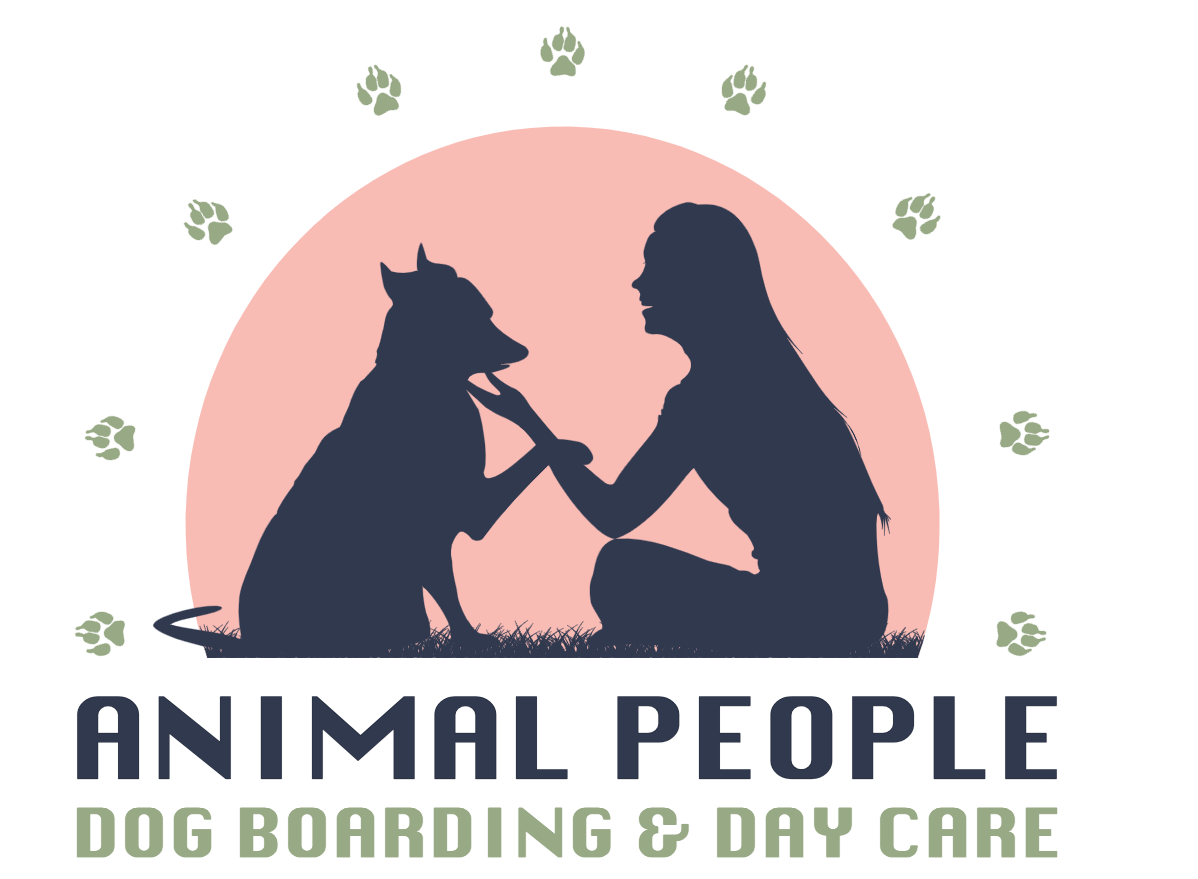Dog Boarding and Vaccinations: What’s Required?

Planning to board your dog while you’re away? Ensuring your pet’s vaccinations are up to date is essential for a smooth boarding experience. Dog boarding facilities have specific vaccination requirements to protect all pets in their care. These typically include vaccines against common illnesses like rabies, distemper, and kennel cough.
Knowing what’s required helps prevent unexpected issues at check-in and ensures your dog’s safety and well-being. Vaccinations not only protect your furry friend but also help maintain a healthy environment for all the pets at the facility. Let’s explore the vaccination requirements for dog boarding and why they’re so important for your pet’s health.
What vaccinations are needed for dog boarding?
For dog boarding, most facilities require a set of core vaccinations to ensure the health and safety of all pets. The commonly required vaccinations include:
- Rabies: This vaccination protects against the fatal rabies virus, which can be transmitted to humans. It is often legally required.
- Distemper: A core vaccine that protects against the highly contagious and often fatal distemper virus.
- Parvovirus: Prevents parvovirus infection, a highly contagious and potentially deadly virus affecting the gastrointestinal tract.
- Adenovirus (Hepatitis): Protects against canine adenovirus, which causes infectious hepatitis and respiratory infections.
- Bordetella (Kennel Cough): This vaccine protects against Bordetella bronchiseptica, a common cause of kennel cough, which is highly contagious in boarding environments.
- Canine Influenza: While not always mandatory, some facilities recommend or require this vaccine, especially in areas where canine influenza outbreaks are common.
These vaccinations help create a safe environment by preventing the spread of serious and contagious diseases. Always check with the specific boarding facility for their vaccination requirements, as they vary.
How long before boarding should a dog be vaccinated?
For a dog to be adequately protected before boarding, vaccinations should be administered well before the boarding date. Here are some general guidelines:
- Core Vaccinations (Rabies, Distemper, Parvovirus, Adenovirus): These vaccinations are usually given as part of a puppy’s initial vaccination series and followed by regular boosters. Ensure your dog’s vaccinations are up to date at least 2-4 weeks before boarding.
- Bordetella (Kennel Cough): This vaccine is often required specifically for boarding and should be administered at least 5-7 days before boarding. However, some facilities recommend getting it for two weeks to ensure full efficacy.
- Canine Influenza: If this vaccine is required, it should be given at least 2-4 weeks before boarding, depending on whether it’s the first time your dog is receiving the vaccine or a booster shot. The initial series often requires two doses, 2-4 weeks apart.
It’s important to consult with your veterinarian about your dog’s specific needs and ensure all vaccinations are up to date according to the boarding facility’s requirements. Providing vaccination records to the facility in advance can help ensure a smooth check-in process.
Are all dog boarding facilities strict about vaccinations?
Most dog boarding facilities are strict about vaccination requirements to ensure the health and safety of all animals in their care. Here are some reasons why and variations you might encounter:
- Health and Safety: Vaccinations prevent the spreading of contagious and potentially deadly diseases among dogs. Ensuring all dogs are vaccinated minimizes the risk of outbreaks within the facility.
- Legal and Liability Concerns: Many areas have legal requirements for certain vaccinations, such as rabies. Boarding facilities must comply with these laws to operate legally and avoid liability issues.
- Reputation and Trust: Facilities that enforce strict vaccination policies build trust with pet owners, who feel reassured that their pets are in a safe and healthy environment.
However, there can be variations in strictness:
- Smaller or Home-Based Facilities: Some smaller or home-based boarding services might be more lenient with vaccination requirements, although this can increase the risk of disease transmission.
- Special Circumstances: Some facilities might make exceptions for dogs with medical conditions that prevent them from receiving certain vaccinations. A veterinarian’s note and additional health screenings might be required in such cases.
- Proof and Documentation: While most reputable facilities require up-to-date vaccination records, the strictness in verifying these records can vary. Some may accept verbal confirmation from your vet, while others require official documentation.
In general, choosing a facility that adheres to strict vaccination policies is wise to ensure a safe environment for your dog. Always check the specific requirements of any boarding facility you are considering and ensure your pet meets them well before their stay.
Can a dog be boarded without vaccinations?
Most reputable boarding facilities will not allow a dog to be boarded without up-to-date vaccinations due to the high risk of disease transmission and the need to ensure a safe environment for all pets. However, there are some scenarios and considerations:
Standard Policies
- Vaccination Requirements: Core vaccinations typically required include rabies, distemper, parvovirus, adenovirus, and Bordetella (kennel cough). These vaccinations are crucial for preventing the spread of contagious diseases.
- Health and Safety: Vaccinating all dogs helps maintain a safe and healthy environment, minimizing the risk of disease outbreaks within the facility.
Potential Exceptions
- Medical Exemptions: In rare cases, a dog may be unable to receive vaccinations due to medical conditions. Some facilities might consider boarding such dogs if they receive a veterinarian’s note explaining the exemption and if additional health precautions, such as isolation, can be taken.
- Alternative Care Options: If a dog cannot be vaccinated, alternatives like home boarding with a trusted individual, hiring a professional pet sitter, or finding a specialized facility that can cater to unvaccinated dogs might be necessary.
Risks of Boarding Without Vaccinations
- Increased Risk of Disease: Unvaccinated dogs are more susceptible to contracting and spreading infectious diseases, which can lead to severe health issues or fatalities.
- Facility Policies: Boarding facilities that accept unvaccinated dogs may have less stringent health standards, increasing the risk of illness and injury for all animals in their care.
Best Practices
- Ensure Vaccinations Are Up to Date: Plan to ensure your dog is vaccinated well before any boarding dates. Most vaccinations must be administered at least 2-4 weeks before boarding.
- Consult with Your Veterinarian: Discuss any concerns about vaccinations with your vet. They can advise on the best care options and recommend alternative arrangements if necessary.
While it is generally impossible to board a dog without vaccinations at reputable facilities, alternative care options may be available. Ensuring your dog is vaccinated is the best way to protect their health and the health of other pets.
Know Vaccination Requirements Before Dog Boarding!
Know vaccination requirements at Animal People Dog Boarding & Day Care before dog boarding! Ensuring your dog is up-to-date on all necessary vaccinations is crucial for their health and the safety of all our furry guests. Core vaccinations typically include rabies, distemper, parvovirus, and Bordetella (kennel cough). These protect your dog from contagious diseases and help us maintain a safe, healthy environment. ]
If your dog has specific medical conditions, consult us to discuss possible accommodations. Trust us to provide the best care for your pet—schedule your visit today and ensure your dog meets all vaccination requirements for a smooth boarding experience!
